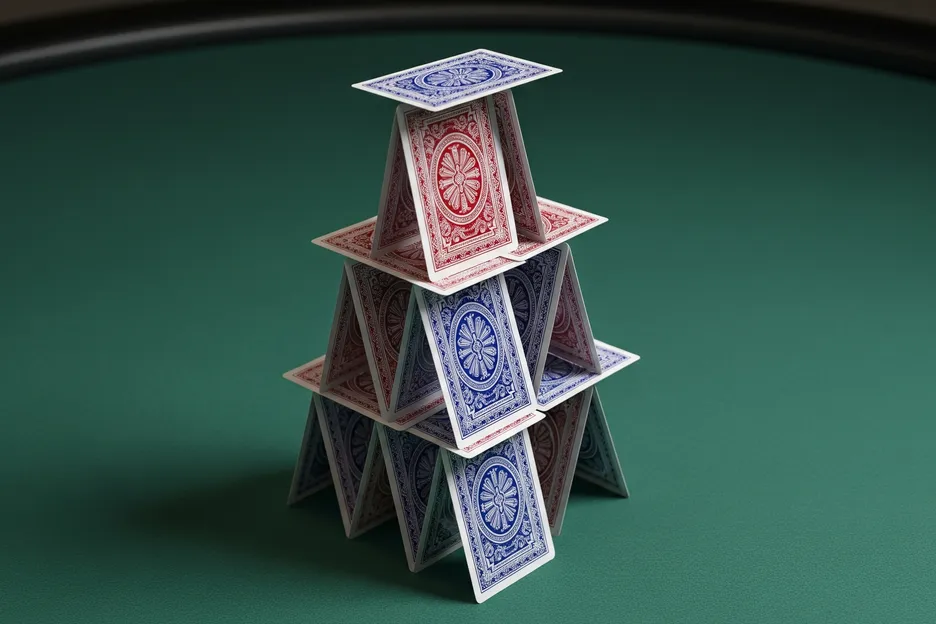Poker is often seen as just a card game, but in reality, it is much more than that. The strategies, decisions, and discipline required in poker can translate into valuable life skills that extend far beyond the table. Whether you are a casual player or someone who enjoys competitive platforms like Winmatch 365, poker teaches lessons that can be applied to business, relationships, and personal growth.
1. Decision-Making Under Pressure
In poker, players constantly face time-sensitive choices. Should you fold, call, or raise? Each decision can impact the outcome of the game. This habit of making calculated choices under pressure helps improve decision-making skills in real life, whether you are negotiating a deal, managing a crisis, or choosing between different opportunities.
2. Emotional Control and Patience
Poker requires players to maintain a calm mindset, even when facing losses. Emotional control is key to long-term success. Learning how to stay patient during a downswing or keep your emotions in check after a bad beat teaches resilience. These qualities are equally valuable in personal and professional life, where setbacks are inevitable.
3. Risk Management
Every hand in ggpoker involves evaluating risk versus reward. Should you risk more chips with a strong hand or play it safe? This mirrors real-life scenarios, from financial investments to career moves. Poker trains players to weigh options carefully and avoid impulsive decisions, leading to smarter risk management outside the game.
4. Strategic Thinking
Poker is not just about luck—it’s about long-term strategy. Players must analyze opponents, predict moves, and adjust tactics accordingly. These strategic thinking skills apply directly to problem-solving, project management, and even leadership. The ability to think ahead and adapt to changing circumstances is a powerful asset in any situation.
5. Reading People and Situations
One of the most fascinating aspects of poker is the ability to read opponents through their actions, betting patterns, and behavior. Developing this observational skill improves emotional intelligence and helps in everyday interactions. Whether in business negotiations or social relationships, understanding subtle cues gives you an advantage.
6. Discipline and Consistency
Successful poker players know the importance of discipline. This includes sticking to a budget, avoiding unnecessary risks, and maintaining consistent strategies. These habits build a mindset that values long-term success over short-term gratification—a principle that applies to both financial planning and personal development.

